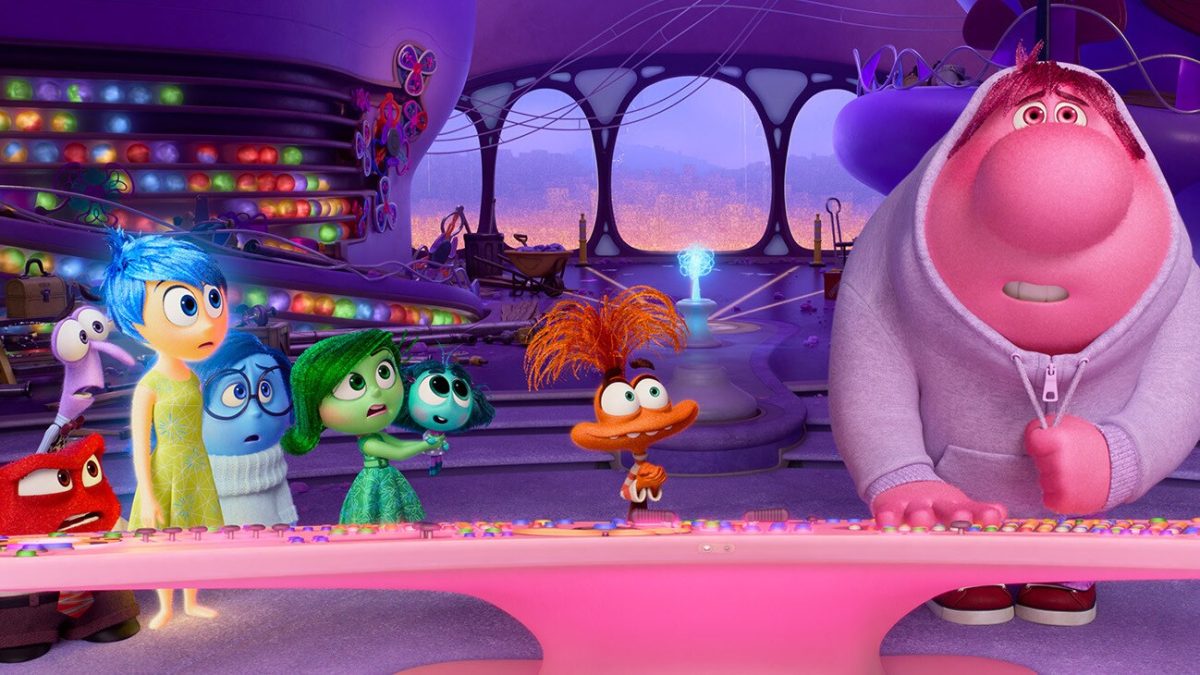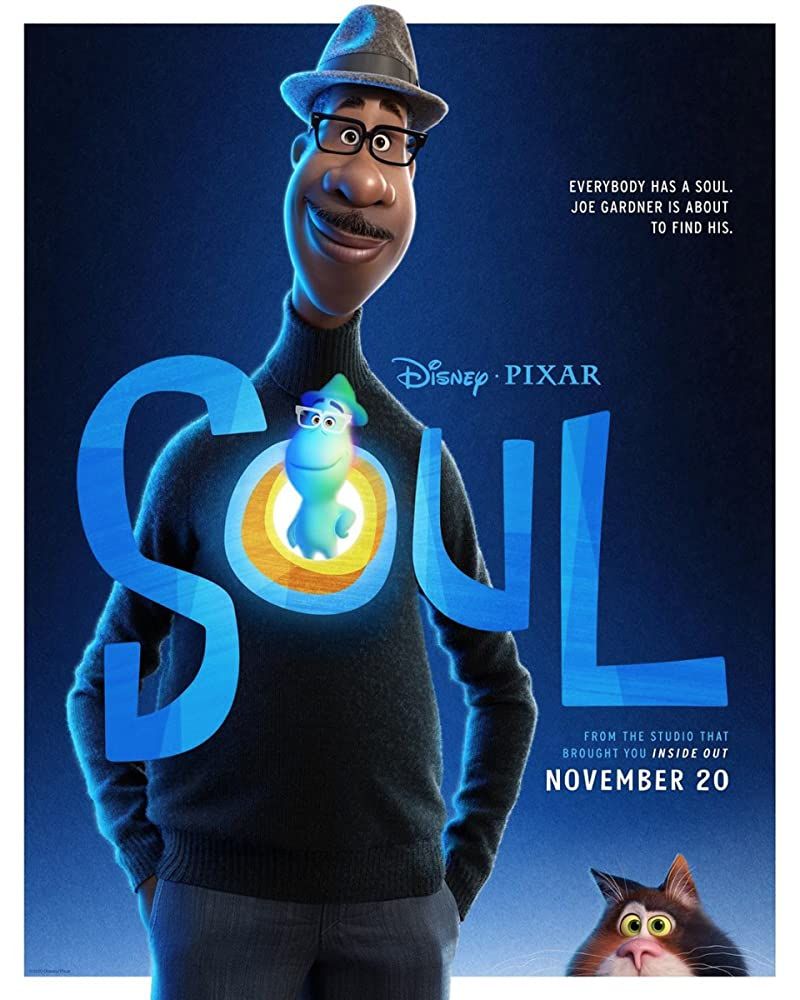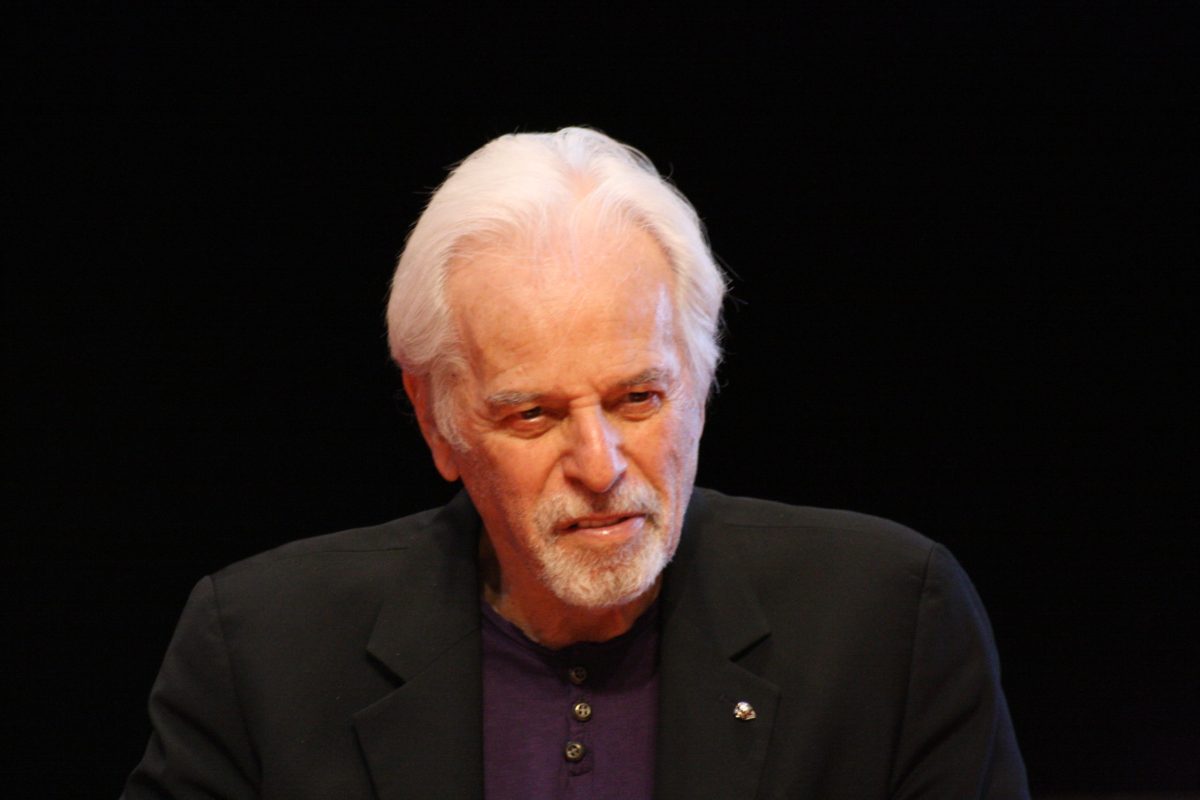From director David Michôd comes the newest interpretation of the classic story of Henry V of England, and one which is determined to make its own mark. Dour, critical and ultimately bleak, the film offers a modern reflection on events often used to stoke nationalist sentiment, showing the hollowness inherent in such sentiments. Ultimately, however, it struggles to tie itself together into a cohesive commentary.
Steering clear of the well-trodden path of Shakespeare’s prose, the film aims to present a more authentic vision of the rise of the young king to rule. Beginning in a time of strife when England is wracked with strife and division, Henry IV (played with gusto by Ben Mendelsohn) presides over an increasingly estranged court and family. His eldest son, Henry V (Timothée Chalamet), has despaired of his father’s warmongering and has taken to moping around disreputable establishments, drinking with his band of friends led by the loyal Falstaff (Joel Edgerton).
Forced to assume the throne despite his father’s reluctance to pass the country to such a wanton heir, Henry strives to bring peace to a divided nation, wishing to put aside petty feuds and squabbles in the interest of the common good. Many share these sentiments, but the atmosphere of the kingdom remains uneasy. Into these circumstances enter the insults and goading of the French Dauphin (Robert Pattinson), which lead to war and the famed battle of Agincourt.
The well-known story of the young king has been greatly altered in its framing for this version of the tale. Whereas most adaptations use the story to show the prowess of England and the unity of the nation in the face of common adversity, stoking nationalist ideas and rhetoric to bring the nation together, this film questions the truth of such endeavors and instead shows how grey the truth can often be.
While keeping this review spoiler-free, the movie does end with a twist on the classic tale. It is part of a larger attempt to reframe the entire story: one which is used to stoke nationalism and pride for one’s country, as a petty squabble between idle nobles, puffed up on their own importance, led by a reluctant king seeking only for peace.
Although such a take could well have been a refreshing one, and indeed quite topical given our current conversations around the usefulness of nationalism and extreme patriotism in a nation’s political discourse, “The King” struggles to remain coherent over its entire run. The film is disjointed, moving at an odd pace, and often suffers from a lack of focus, struggling to satisfy the needs of an internally consistent story and faithfulness to the historical and literary record.
Chalamet struggles to hold his own among other heavy hitting performances, offering rather one-note, gloomy stares and reluctant speeches. However, many smaller characters were a treat to watch, and Pattinson’s performance as the odious French Dauphin was a delight. Ultimately however, such smaller roles struggled to break through a film which was perhaps too concerned with its own seriousness.
Ultimately “The King” serves as a serviceable adaptation of the classic story, with the potential to say new and interesting things about the tale and its impact on us. However, because of its own self-importance and lack of focus, it struggles to make its point clearly and well. Despite its shortcomings, it is still well worth watching, especially for anyone already inclined to enjoy Medieval period dramas.





































